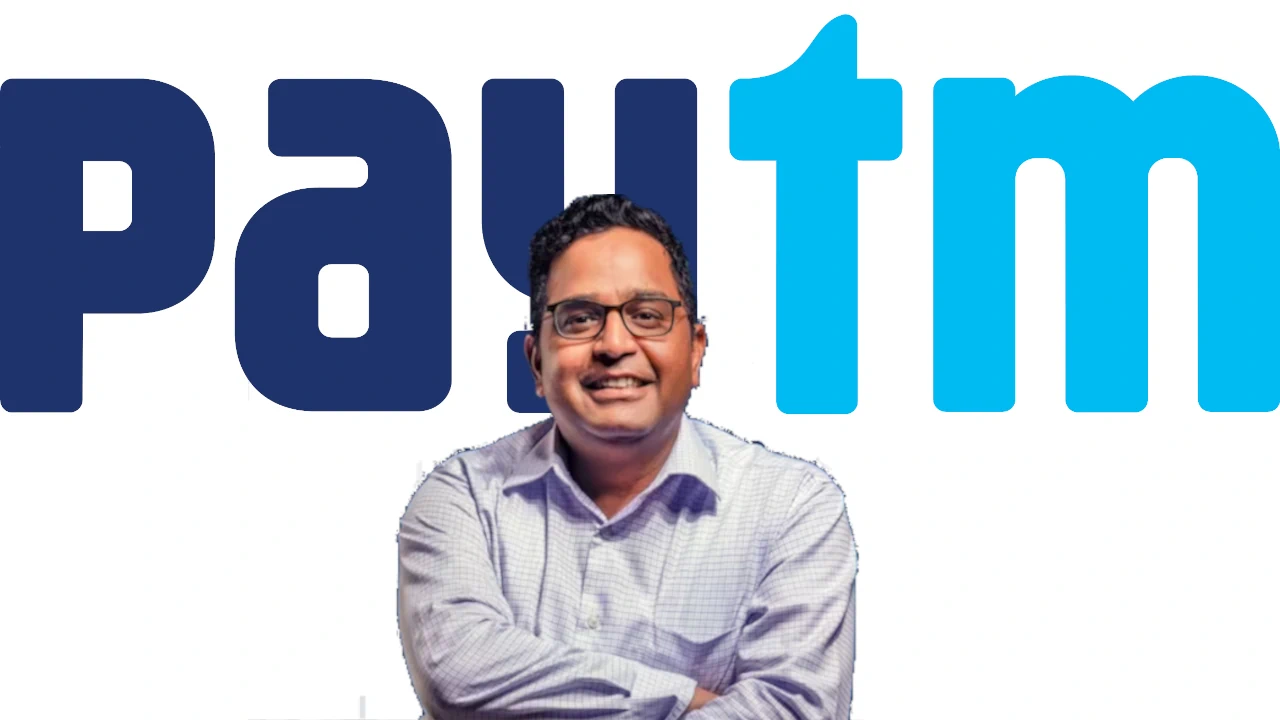On March 1, Paytm announced significant operational changes, revealing the board’s decision to end various inter-company agreements with its affiliate, Paytm Payments Bank Limited (PPBL), and to reform the Shareholders Agreement (SHA) for better governance. This follows the stringent restrictions imposed by the Reserve Bank of India (RBI) on January 31 over issues relating to KYC and AML norms; consequently, hindering PPBL and impacting Paytm’s shares.
Paytm has reassured its users that despite the ongoing regulatory scrutiny, their services such as the Paytm app, Paytm QR, Paytm soundbox, and Paytm Card machines will remain fully functional. As part of its commitment to providing uninterrupted services, the company has established a new partnership with Axis Bank for merchant payment settlements, using an escrow account for nodal operations.
While facing RBI’s corrective actions and customer concerns, PPBL addressed the situation with an extended deadline to March 15 for halting new deposits and credit transactions and confirmed that customer withdrawals would not be affected. As part of a strategic pivot, Paytm, HDFC Bank, and Yes Bank applied to the National Payments Corporation of India (NPCI) on February 22 to operate as a third-party application provider for Unified Payments Interface (UPI), ensuring continued service for Paytm users.
In response to RBI’s mandate for a seamless migration of ‘@paytm’ UPI handles, preparations are underway to link them to new partner banks once NPCI approval is received. This step will position Paytm to operate parallel to its rivals, ensuring minimal payment interruptions. Despite the complications, PPBL has maintained a strong presence in the UPI ecosystem. However, the specifics of the dissolved agreements and the exact nature of the regulatory non-compliance have not been disclosed.
The latest developments represent a significant shift in the digital payment landscape, where Paytm and Paytm Payments Bank are restructuring to reduce inter-dependency. Vijay Shekhar Sharma’s recent stepping down as a chairman and board member of the payment bank unit further signifies the firm’s intent to address regulatory concerns and reinforce its governance structure.
Paytm’s strategic reorganization efforts reflect the company’s fortitude in navigating regulatory pressures while striving to safeguard customer trust and market position in the face of escalating supervisory requirements.
